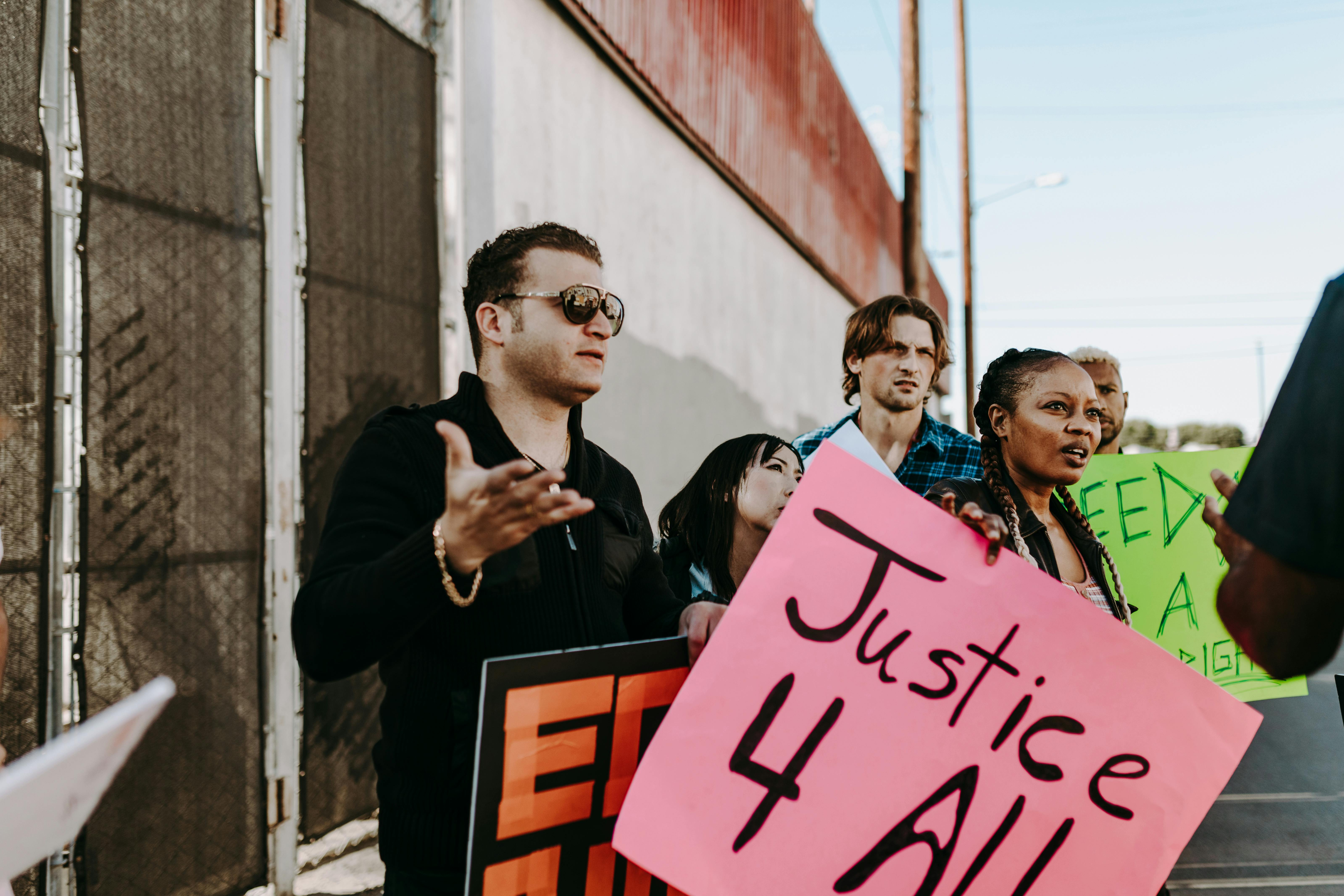As everyone knows, filing for Chapter 7 bankruptcy protection is often a fairly efficient way to get rid of onerous debt. Don’t get me wrong, there are serious ramifications associated with filing bankruptcy; these must be properly understood and considered before filing for bankruptcy.
However, as long as you’re realistic about your debts and understand which debts can and cannot be discharged, you’ll likely get the results you’ve been looking for. In the end, bankruptcy almost always gives my clients the fresh start they so desperately wanted. And for me? Happy clients = happy attorney in my book.
However, to achieve these favorable results, it is absolutely necessary to understand what debts cannot be discharged under Chapter 7 bankruptcy protection.
Criminal Fines and Associated Debts: Court-ordered fee and non-fee judgments related to criminal activity cannot be discharged. This includes judgments involving the death or personal injury of another person and resulting from your own negligence or criminal activity, including those resulting from DUI.
Student Loans: This is a common point of frustration, but in 99.99% of the cases I see (disclaimer: I made that number up, but it’s in the ballpark from my own experience) student loans cannot be paid off. The technical jargon is that they can only be canceled when the payment causes undue hardship to the debtor or their dependents.
Fraudulent debts or dishonest activity: This is basically a general category that applies to all cases of fraud or deception, but is most often seen in bankruptcy fraud cases. An example is the debtor who depletes his remaining credit cards in the days prior to the filing of his petition. I should note that this includes attempts to pay secured debts with unsecured and therefore dischargeable funds. This means no cash advances with credit cards to pay alimony and child support.
Alimony and child support: Speaking of alimony and child support, it’s not downloadable. This includes provisions made for future asset splits, including QDROs. Watch for an article in the coming weeks about filing for bankruptcy to discharge debts obtained from property settlements in a divorce proceeding.
Tax debt: This one is a bit tricky, but it generally applies to debt incurred in the last 3 years.
Any debt not stated in the petition: This is a problem. Generally, I will access your credit report and use the information provided to report your debts in the bankruptcy petition. However, not all debts appear on your credit report, and not all attorneys use this method. As such, I tell you all the queries on this point. I’d hate to see you get out of bankruptcy, only to realize you’re still stuck on one or more large debts.
That’s it for now, however I’ll update this list as I go along. As always, bankruptcy is easier (and the results are generally much more favorable) when left to the professionals. If you are in the Phoenix area and need a qualified Arizona bankruptcy attorney, please do not hesitate to contact me to schedule a free bankruptcy consultation.
